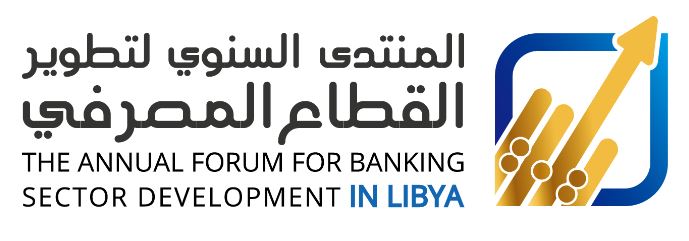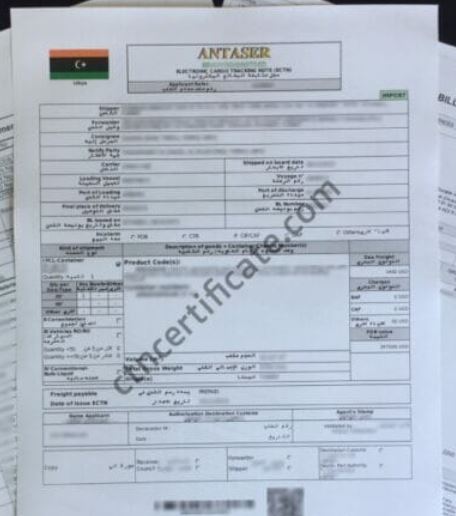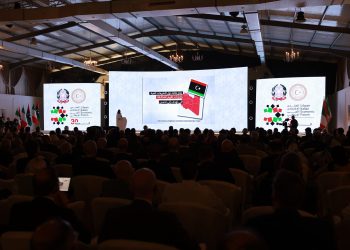By Sami Zaptia.
London, 21 November 2017:
The Annual Libyan Banking Sector Development Forum will take place in Tunis next week, organizers told Libya Herald.
The two-day forum promises an in-depth discussion by financial and banking experts known locally and in Arab countries, in addition to regional and international experts. Beside the heads of a number of Libyan banks, the event lists (not all are confirmed) a GNA Minister, a former Minister, a former CBL Governor, the head of the Stock Exchange and both the Tripoli and Beida-based CBL Governors.
There will also be an exhibition on the side-lines of the forum, of institutes, banks, and sponsoring companies that provide services to the financial and banking sector, to create opportunities to establish and develop business relations between them.
Organizers say that the forum is planned to be an annual independent forum open to all related banking issues, sponsored by a group of Libyan banks to discuss the most prominent challenges facing the Libyan financial and banking sector.
The banking Sector is a primary factor in supporting development plans, investments, and the economic growth of countries and communities. The Libyan banking sector has been suffering performance deficiencies for decades which has led to delays in its growth and in the growth of Libya – an oil exporting country with overseas investments and foreign currency reserves in the tens of billions.
Organizers say that the results of these deficiencies became clearer after the 2011 revolution, where the Libyan financial system failed to deal with the frequent and unpredicted shocks, resulting in the aggravation of the current crisis and the scarcity of liquidity, which directly affected citizens’ lives and standards of living.
To this end, the forum aims to support and enhance Libya’s financial stability, and discuss the role of the banking sector in economic development through exploring ways to develop and secure this sector.
It hopes to propose visions to develop the Libyan financial sector to keep up with international standards, through discussing the duties of the state towards this sector, and how to issue legislation that enhances the integration of public and private monetary policies.
On the issue of Libya’s liquidity shortage in its banks, the forum is aiming to find practical solutions to solve the issue. Available payment methods will also be presented as an alternative to the other traditional financial transactions.
The country’s security challenges will be reviewed through the latest findings of specialists engaged in securing banks and the process of transferring money within and between cities under the current security situation in Libya.
For further details contact the organizers.










